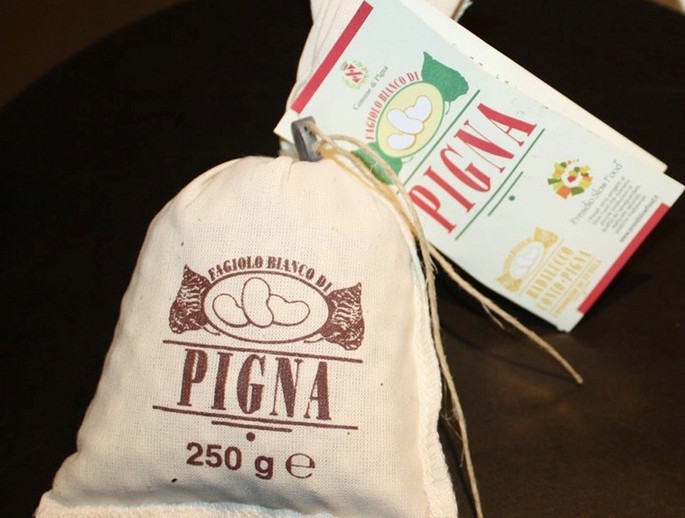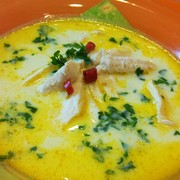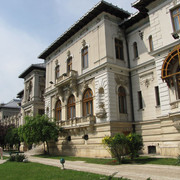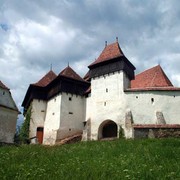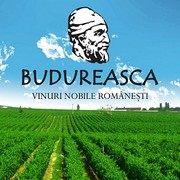The white beans typical of the areas of Pigna, Badalucco and Conio, in the Liguria province of Imperia, are recognised as Slow Food products.
The white beans were brought in the region Liguria from Spain in the seventeenth century, and here they found the perfect habitat for their cultivation. Three slightly different kinds have developed in the small municipalities of Pigna, Badalucco and Conio.
All three kinds of beans are climbing plants, but they differ slightly in their shape and dimensions, due to differences in the soil, in the composition of the water and in the microclimate. The beans of Conio present a kidney shape and are slightly bigger (about 12-13 mm), while the beans from Badalucco and Pigna have an ovoid shape and are smaller.
The sowing time of the beans is in the month of May, while the harvest is done in September, when the beans are dry. The most suitable position for the cultivation are the highest areas, where the soil is well drained and the water is rich in calcium and mineral salts. The areas where the beans are cultivated are called abrigu in the local dialect.
The production of the beans of Pigna, Badalucco and Conio is today quite low, in spite of their peculiarity and their gastronomic value. By recognising these beans as Slow Food product, their production is valued so that they can be reintroduced in the market more easily.
In addition to that, it is important to recognise the authentic white beans from these areas from the falsified products that are present in the market. In the last years, the producers from Pigna, Badalucco and Conio have started to sell their beans in jute bags so that they can be recognised more easily, thanks also to the Slow Food logo.
The white beans from Pigna, Badalucco and Conio can be consumed fresh in the winter season, but they are also great when dry. They can be best enjoyed boiled with some extra-virgin olive oil.
There are different traditional recipes according to the areas. In Pigna, the most symbolic dish is goat with white beans. In Conio it is the Zemin, a soup made of the white beans with vegetables and meat. In Badalucco the white beans, called rundin, are used to prepare Fiscioi, typical pancakes.

